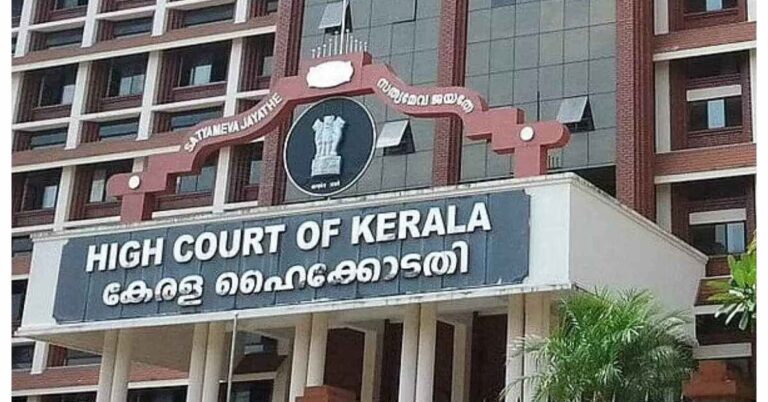In a landmark ruling, the Kerala High Court has ruled in favor of Sujith TV, an employee who faced disciplinary action over posts made in a private WhatsApp group.
Sujith, 34, was accused by his employer of disseminating information describing the company environment as unsafe and entering a restricted area without authorization. Despite his apology, the employer issued a warning without conducting a formal investigation, which Sujith challenged in court.
Key points
- Charges and Actions:
- Sujith was accused of posting objectionable messages in a private WhatsApp group and entering a restricted area without permission.
- The company issued a warning to Sujith without a formal investigation, based on his apology.
- Legal disputes:
- Sujith argued that the messages did not contain derogatory statements but concerned concerns about security.
- He claimed that the disciplinary action violated his fundamental right to freedom of expression under Article 19(1)(a) of the Indian Constitution.
- Court findings:
- The court found that Sujith’s messages expressed concerns about his safety and did not justify the charges.
- He ruled that the lack of a formal investigation was unjustified for the first charge, but not the second, as Sujith admitted unauthorized entry.
- The court upheld Sujith’s freedom of expression, noting that his posts did not warrant disciplinary action.
Also see: Bank of Baroda MD and CEO summoned by Labor Commissioner
What is the decision of the Kerala High Court?
The decision of the Kerala High Court in the case involving Sujith TV, an employee of Fertilizers and Chemicals of Travancore Ltd., can be summarized as follows:
Accusation of objectionable messages
The court ruled in favor of Sujith on the charge of posting objectionable messages in a private WhatsApp group. She considered that her messages reflected concerns about safety and did not justify disciplinary sanctions. The court ruled that this charge violated Sujith’s fundamental right to freedom of expression under Article 19(1)(a) of the Indian Constitution.
Unauthorized entry charge
The court upheld the charge of unauthorized entry into the ammonia processing section. Sujith had admitted to this charge and the court found that no formal investigation was necessary into this specific charge.
Disciplinary measures
The court struck down the first charge related to the WhatsApp posts, affirming Sujith’s right to freedom of expression. The court did not, however, interfere with the sanction of a “WARNING” issued for unauthorized entry, as this was deemed appropriate in the circumstances. and Sujith’s admission of the accusation.
Conclusion
In summary, the Kerala High Court ruled in favor of Sujith’s right to freedom of expression, but upheld the disciplinary action relating to the unauthorized entry. The final decision was to reject the court application, recognizing the violation of fundamental rights for the first count while maintaining the sentence for the second count.


